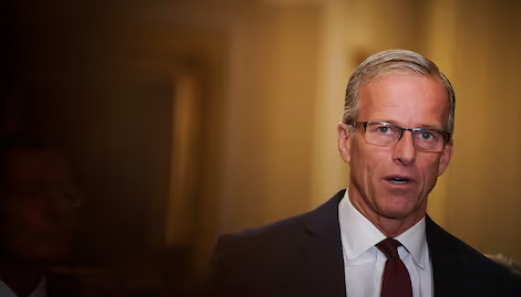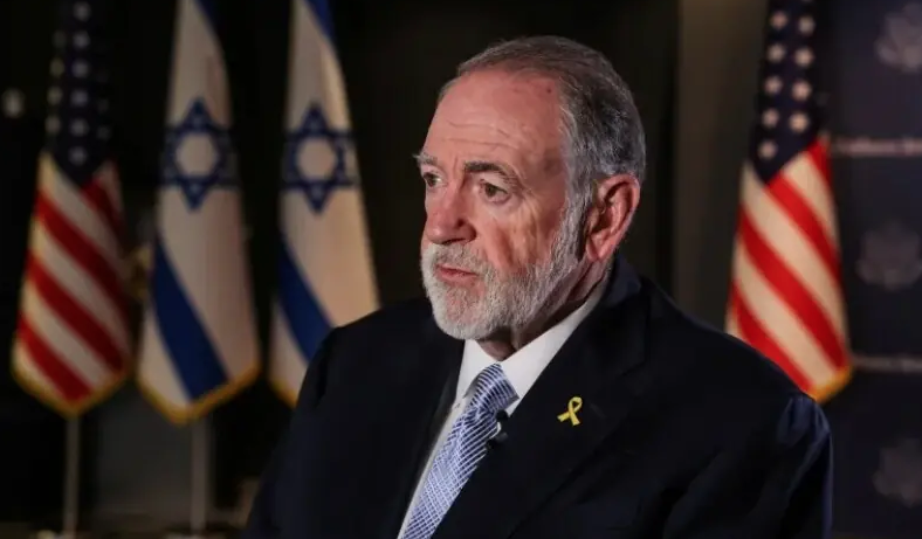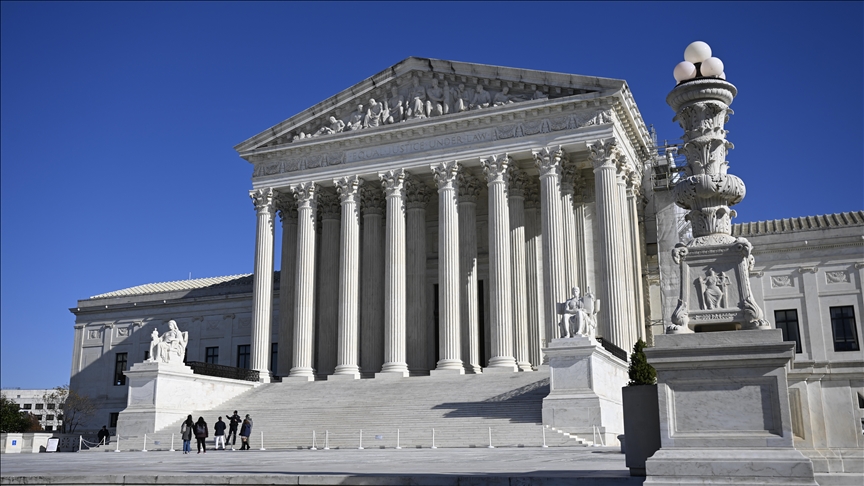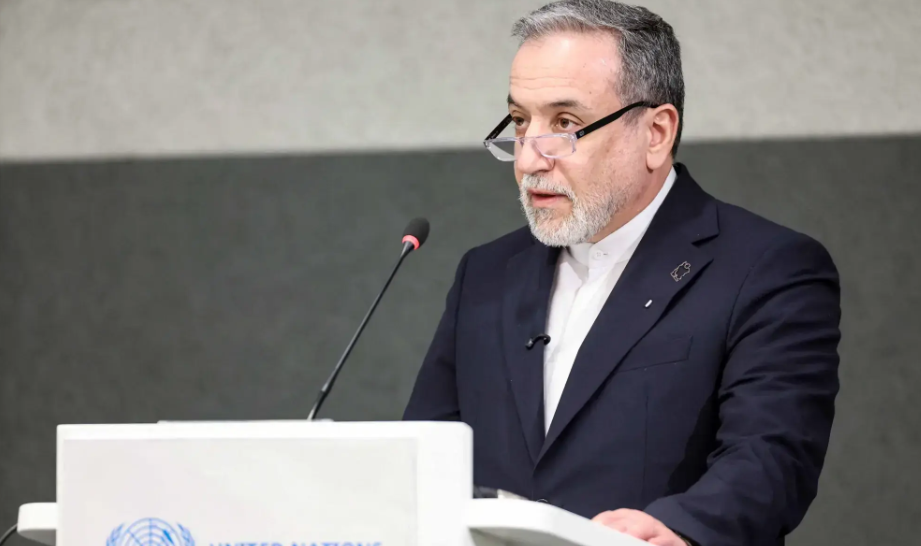WORLD NEWS

Incoming Senate Republican leader John Thune is preparing for one of the most high-stakes years of his career as he takes on the monumental task of steering former President Donald Trump's agenda through a narrowly divided Congress. A 20-year Senate veteran, Thune is set to be elected Senate majority leader on Friday, but the challenges ahead are significant, as he must not only navigate the contentious political landscape of the Senate but also maintain a delicate balance with Trump and his supporters.
Thune, 63, from South Dakota, is known for his diplomatic negotiation style, making him a skilled figure at building consensus across party lines. However, he now faces a political test like no other. Under his leadership, the Senate will be forced to contend with numerous controversial Cabinet nominees from Trump, including figures like Pete Hegseth for defense secretary, Tulsi Gabbard for national intelligence director, and Robert F. Kennedy Jr. for health and human services secretary. With the stakes incredibly high, Thune will need to ensure that these appointments are handled carefully, all while keeping Trump’s fervent supporters satisfied.
One of Thune's primary objectives will be overseeing confirmation hearings and addressing issues tied to tax cuts, border security, and energy deregulation—all central parts of Trump's political platform. Moreover, Thune must navigate a looming U.S. debt crisis, with concerns over the nation’s $36 trillion debt hanging in the balance. For a Senate leader often known for seeking compromise, this year’s political gridlock will push Thune to the limit.
Thune’s strategy thus far has been to offer “wide deference” to Trump’s nominees, signaling a willingness to give the president’s Cabinet picks room to maneuver through the confirmation process. However, members of his conference are expressing unease over the controversial nature of some of these candidates, whose resumes break from traditional norms. This includes former Fox News host Pete Hegseth, who has never held a political office, and Tulsi Gabbard, whose transition from Congress to national intelligence director raises eyebrows.
Thune's leadership could face significant pressure from Trump-aligned groups if these nominations falter. Advocacy groups have already mobilized thousands to push Senate Republicans to support Trump’s picks, demanding that any failed nominations be considered a direct failure on Thune’s part.
The confirmation process could also put Thune in conflict with Senate traditions. Thune has reiterated his commitment to preserving the Senate’s traditions, particularly its authority to confirm Cabinet positions and maintain the filibuster rule, which requires a supermajority for most legislation to pass. This traditionalism may come into conflict with hardline conservatives, who view Senate procedures as a hindrance to swift political action. Trump, who has expressed respect for the filibuster but also called for recess appointments if nominations are delayed, will be watching closely as Thune manages these competing interests.
For Thune, this year marks a crossroads. He must effectively guide Trump’s agenda through the Senate while preserving the institution’s role in the system of checks and balances. Thune's performance in the coming months will undoubtedly define his legacy, making it clear whether he can balance party loyalty with institutional integrity in one of the most polarized periods in U.S. politics.




